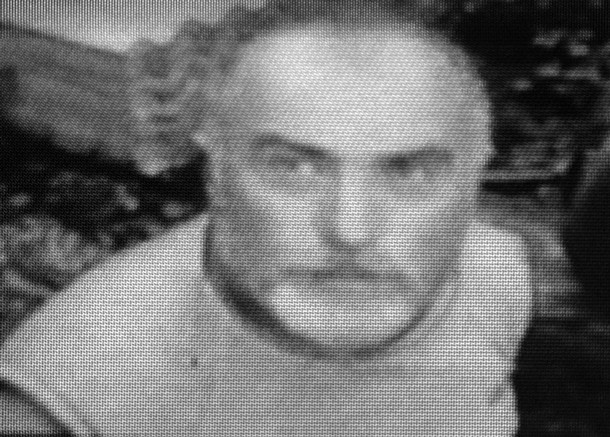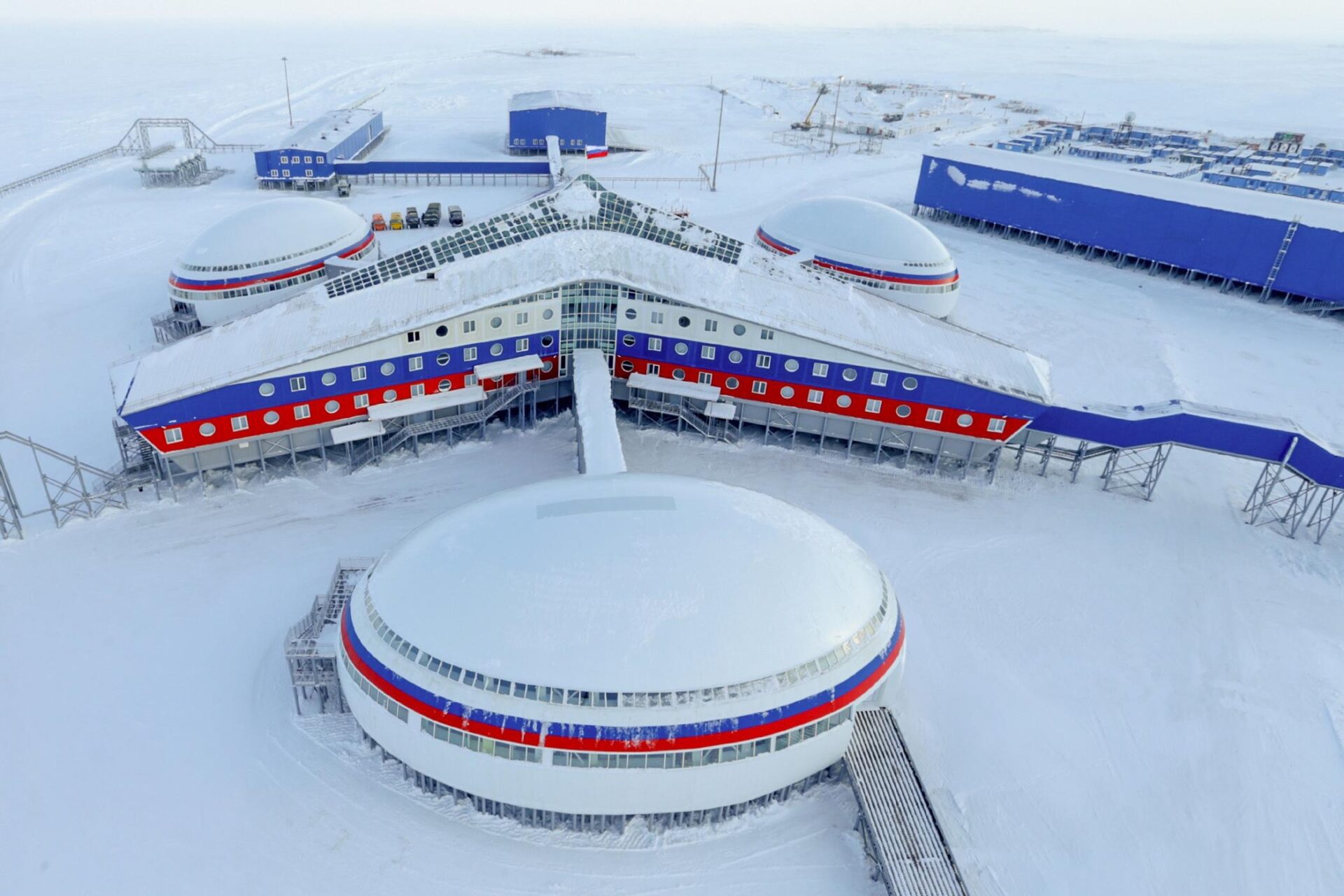
Key Suspect in the Gongadze Case Detained: a Boost for Yushchenko?
Key Suspect in the Gongadze Case Detained: a Boost for Yushchenko?
The Security Service of Ukraine (SBU) has arrested former Police General Oleksy Pukach, a key suspect in the murder of investigative journalist Georgy Gongadze in 2000. It is believed that Pukach was the main link between the policemen who killed Gongadze – they received long prison sentences in 2008 – and the people who commissioned his murder. Along with President Viktor Yushchenko’s mysterious poisoning in 2004, the murder of Gongadze has been one of the main unsolved mysteries in the pre-Orange Revolution Ukraine which Yushchenko pledged to solve. If Pukach proves cooperative, the murder case might be solved and certain top officials could be implicated. This might also improve Yushchenko’s chances of re-election in January 2010, which are meager at the moment as his popularity does not exceed 3-4 percent.
Mykola Melnychenko, the ex-bodyguard of ex-President Leonid Kuchma who claims to have secretly recorded conversations in Kuchma’s office shortly after Gongadze’s murder, alleged that Kuchma, (along with his chief aide Volodymyr Lytvyn and the Interior Minister Yury Kravchenko) ordered the police to kill Gongadze. The three consistently denied any involvement and the authenticity of Melnychenko’s recordings is disputed. The investigation into Gongadze’s murder before Kuchma left office in early 2005 was mishandled. This prompted street protests against Kuchma in the early 2000’s, which eventually led to the Orange Revolution – the mass protests against election falsifications that brought Yushchenko to power.
SBU operatives found Pukach on July 21 in a village in Zhytomyr Region, near Kyiv, where he lived a quiet country life pretending to be a former sea captain. Pukach was first arrested in 2003, though a court ordered his release in return for a guarantee that he would not flee -which he promptly ignored.
Svyatoslav Piskun, who was fired from the post of prosecutor-general soon afterwards, now claims that he was dismissed for finding proof of Pukach’s guilt (Interfax-Ukraine, July 22). Andry Kozhemyakin, the former head of the SBU’s department responsible for the investigation who now leads Prime Minister Yulia Tymoshenko’s caucus in parliament, claimed that the SBU was prevented from catching Pukach in Israel in 2005 by a deliberate leak of information (Ukrainska Pravda, July 22). However, both SBU Deputy Chief Vasyl Hrytsak, who announced the capture of Pukach on July 22, and Pukach’s lawyer Serhy Osyka claimed that he had not left Ukraine since Gongadze’s murder (Channel 5, July 23).
Hrytsak and Osyka disagreed on a more fundamental issue. Hrytsak said that Pukach has already named the individuals who commissioned the murder and admitted to having assisted in the murder himself (Ukrainska Pravda, July 22). Osyka strenuously denied this allegation (Channel 5, July 23). Nonetheless, the Kommersant-Ukraine daily on July 24 quoted an SBU source as insisting that Pukach did reveal who commissioned the murder, naming three individuals including one senior official.
Only one person identified by Melnychenko still holds a key position – the Speaker of the Parliament Volodymyr Lytvyn. One source in Washington told Ukrainska Pravda on July 28 that Lytvyn cancelled his planned visit to the U.S. immediately after Pukach’s arrest. Ukrainian commentator Volodymyr Fesenko suggested that Pukach’s detention might be used by political rivals both against Lytvyn and the fragile coalition of Tymoshenko where Lytvyn’s party is a junior partner (UNIAN, July 26). Lytvyn also apparently wanted to run for president and now his hopes may be dashed.
Many local observers were suspicious about the fact that Pukach was arrested when the presidential race was about to start. It is generally believed that Yushchenko may benefit from the situation and improve his rating and some commentators even suspect Yushchenko of foul play. "What if the investigation will be guided in a certain direction?" the Den daily wondered on July 23, suggesting that Yushchenko could gain from this as "finding those who commissioned Gongadze’s murder was one of Yushchenko’s promises during the 2004 election campaign." Prime Minister Yulia Tymoshenko, the archrival of Yushchenko, has also proven suspicious. "It is surprising that Pukach who has lived in Ukraine all this time and, according to certain sources, was watched by the police… has been detained before the election," she told a press conference (Interfax-Ukraine, July 23).
Yushchenko requested that the SBU should guarantee the security of Pukach, since he is a very important witness. Yushchenko said that Pukach’s first questioning was promising and consequently "society will hear some important news." He made it clear that he suspects certain top officials of involvement in Gongadze’s murder and that he attaches to this investigation the symbolic meaning of "a fight between good and evil" (Silski Visti, July 22). Gongadze’s widow Myroslava has been less enthusiastic, forecasting that Pukach would lay all the blame on Kravchenko who committed suicide in 2005 and two police generals who died under mysterious circumstances several years ago (www.liga.net, July 22).


